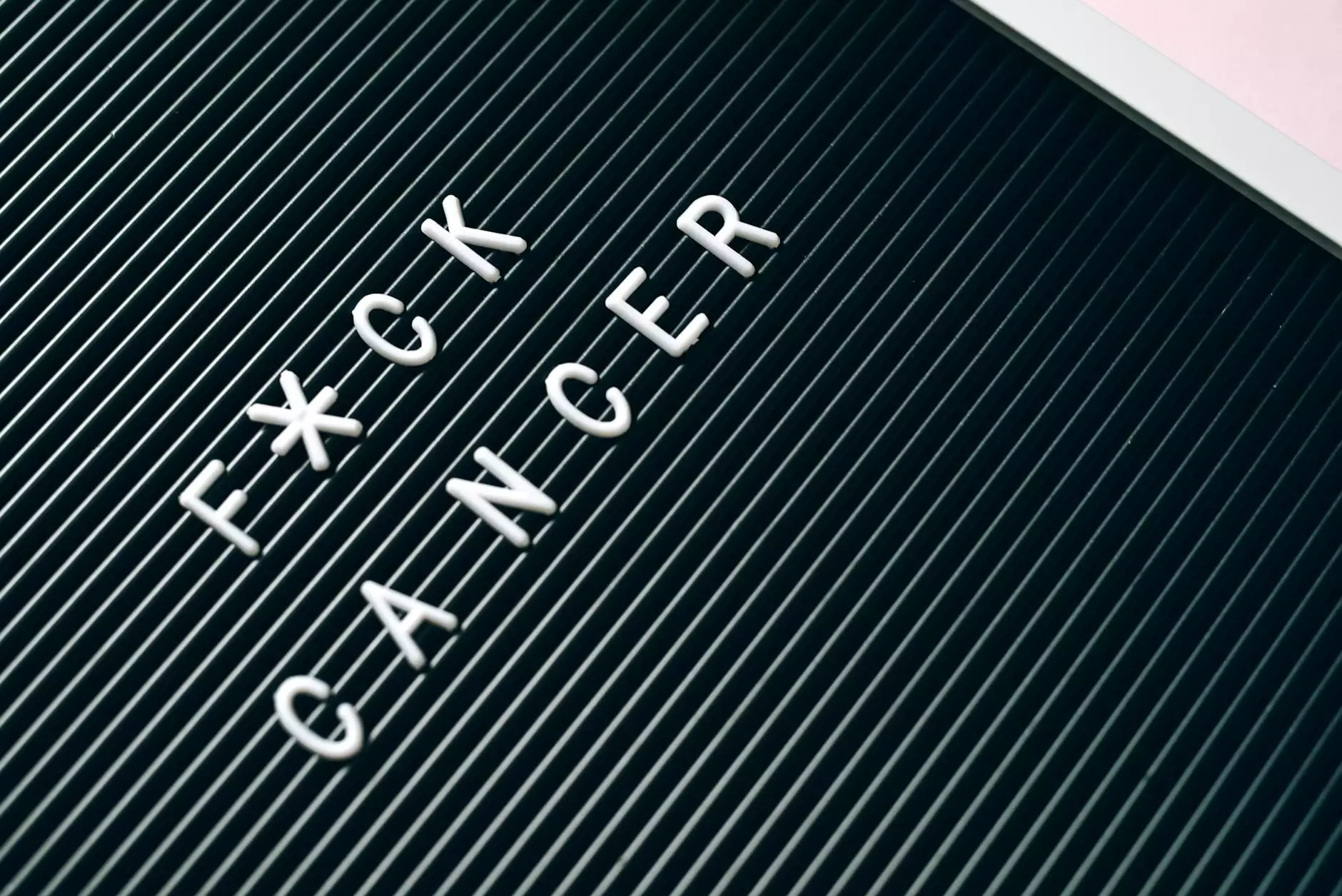Lung Cancer Treatment in Singapore: Comprehensive Care and Innovative Solutions

Lung cancer remains one of the most challenging diagnoses for patients globally, and Singapore stands out as a beacon of hope for effective lung cancer treatment. In this article, we delve into the various treatment modalities available, the healthcare infrastructure that supports these treatments, and how integrated care can lead to better patient outcomes.
Understanding Lung Cancer
Lung cancer begins when cells in the lung grow uncontrollably, forming tumors that can interfere with normal lung function. It primarily manifests in two types: non-small cell lung cancer (NSCLC) and small cell lung cancer (SCLC). Understanding these types is crucial for determining the appropriate treatment plan.
Non-Small Cell Lung Cancer (NSCLC)
NSCLC accounts for approximately 85% of lung cancer cases and is further classified into various subtypes, including:
- Adenocarcinoma: Often found in smokers and non-smokers alike, this type typically develops in the outer parts of the lungs.
- Squamous Cell Carcinoma: Usually linked to a history of smoking, this type arises from the flat cells lining the airways.
- Large Cell Carcinoma: This aggressively growing cancer can occur in any part of the lung and may spread quickly.
Small Cell Lung Cancer (SCLC)
SCLC is less common but more aggressive than NSCLC, often associated with heavy smoking. It can quickly metastasize to other parts of the body, making early detection and treatment critical.
Diagnosis of Lung Cancer
The diagnosis of lung cancer typically involves a combination of imaging tests, biopsies, and molecular testing. Early detection is key, and advancements in imaging technology have greatly enhanced diagnostic precision.
Common diagnostic procedures include:
- Chest X-ray: A preliminary imaging test to identify any abnormalities.
- CT Scan: Provides detailed images of the lungs and surrounding tissues.
- Biopsy: Involves extracting a tissue sample for pathological evaluation.
- Molecular Testing: Identifies specific gene mutations that can influence treatment decisions.
Lung Cancer Treatment Options in Singapore
With some of the world's best healthcare facilities, Singapore offers a wide range of treatment options for lung cancer, tailored to the needs of each patient. Below, we explore the most common treatment modalities available.
Surgery
For early-stage lung cancer, surgical intervention remains one of the primary treatment options. The goal is to remove the tumor and nearby lung tissue to optimize outcomes. Types of surgeries include:
- Lobectomy: Removal of a lobe of the lung.
- Pneumonectomy: Complete removal of a lung.
- Wedge Resection: Removal of a small section of lung tissue.
Radiation Therapy
Radiation therapy uses high-energy waves to target cancer cells. It can be provided as a standalone treatment, in conjunction with surgery, or as palliative care to alleviate symptoms. There are two main types:
- External Beam Radiation Therapy (EBRT): Delivers targeted radiation from outside the body.
- Brachytherapy: Involves placing radioactive material inside or near the tumor.
Chemotherapy
Chemotherapy involves the use of powerful drugs to kill cancer cells or inhibit their growth. This systemic treatment is commonly used for SCLC and in advanced-stage NSCLC. Treatment regimens may vary based on the patient's condition and overall health.
Targeted Therapy
Targeted therapy focuses on specific molecular targets associated with cancer. This form of treatment has revolutionized lung cancer care, particularly for patients with certain genetic mutations. Drugs such as EGFR inhibitors and ALK inhibitors illustrate the potential of personalized medicine.
Immunotherapy
Immunotherapy harnesses the body's immune system to fight cancer. Checkpoint inhibitors have become a critical part of treatment for advanced lung cancer, providing significant benefits for eligible patients.
Choosing a Treatment Facility in Singapore
When looking for lung cancer treatment in Singapore, choosing the right facility is crucial. Renowned for its advanced healthcare system, Singapore offers multiple options for patients. Here are key considerations when selecting a treatment center:
- Expertise of Healthcare Professionals: Look for top oncologists and specialists with extensive experience in treating lung cancer.
- Available Technology: Ensure the facility has cutting-edge equipment for diagnosis and treatment.
- Patient Support Services: Comprehensive care should include nutritional advice, psychological support, and rehabilitation services.
- Clinical Trials: Inquire if the center offers access to clinical trials for new therapies.
Health & Medical Support Services
Handling a lung cancer diagnosis can be overwhelming, but the support available in Singapore is immense. Local organizations and healthcare providers offer myriad resources, including:
- Support Groups: Connecting patients and caregivers to share experiences and provide emotional support.
- Nutritional Counseling: Tailored dietary plans to support treatment and recovery.
- Palliative Care: Specialized care aimed at improving quality of life and relieving symptoms.
Conclusion
Lung cancer treatment in Singapore is marked by innovation, expertise, and patient-centered care. With a plethora of options that include surgery, chemotherapy, radiation therapy, and newer modalities like immunotherapy, patients have access to world-class treatments tailored to their specific needs. The support services available ensure that patients are not alone during their journey, fostering a holistic approach to care.
Whether you are seeking treatment for yourself or a loved one, understanding the options and resources can empower you to make the best choices for your health. By choosing a reputable center and engaging with experienced healthcare professionals, patients can navigate their diagnoses with confidence, receiving the best possible care available in Singapore.
lung cancer treatment singapore








